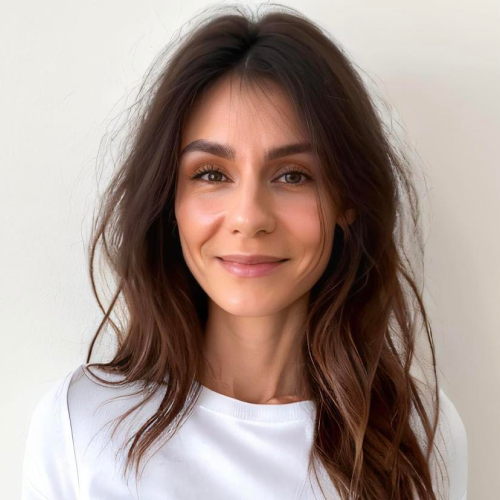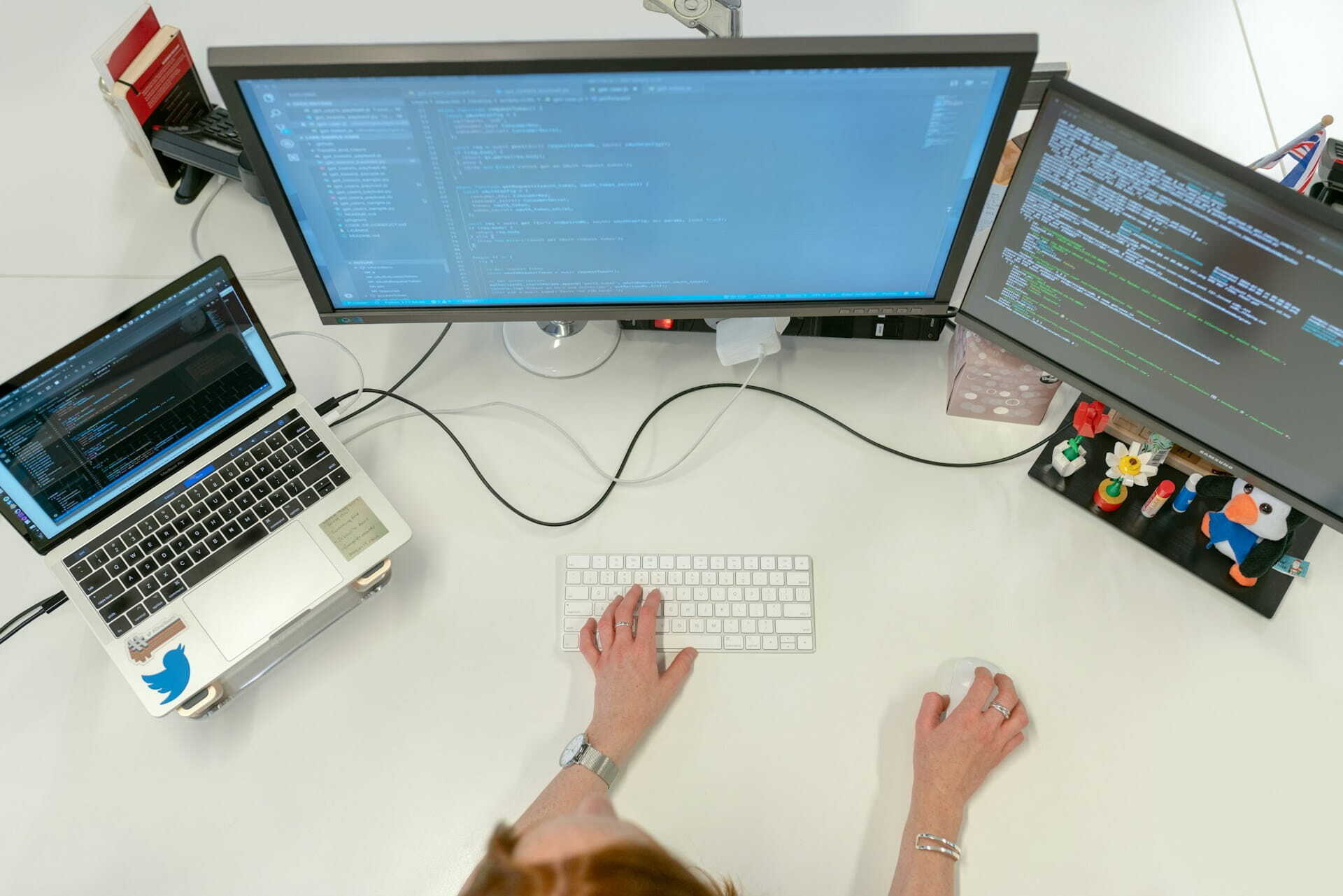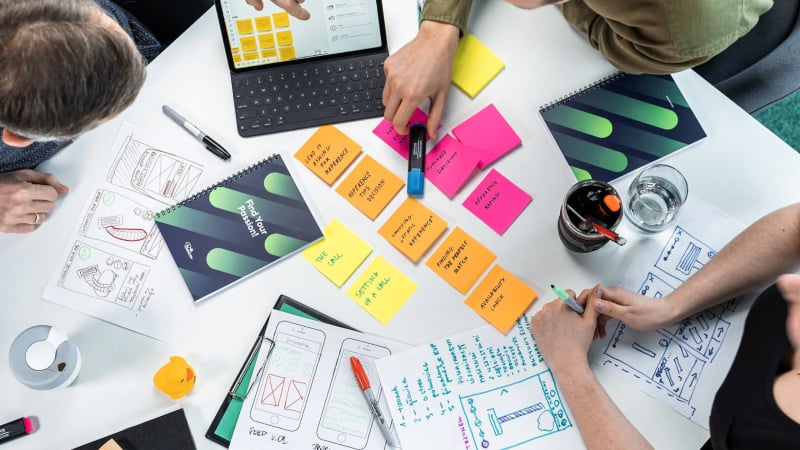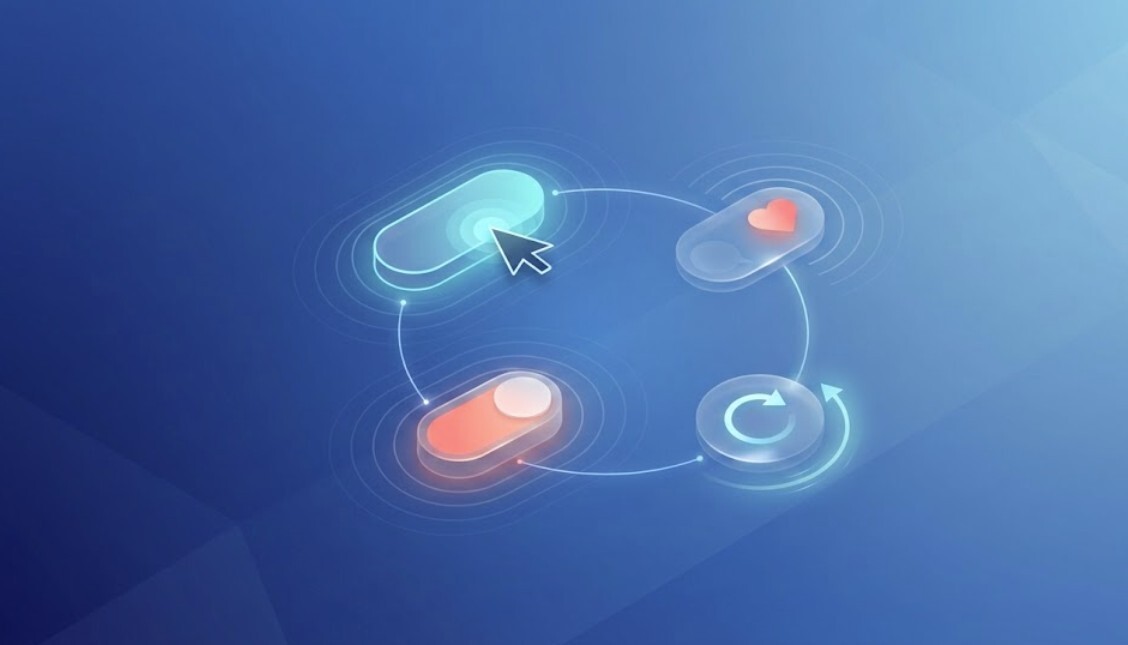13 May 2020 (updated: 27 July 2021)
Mental Health Apps Are Gaining Traction
Chapters
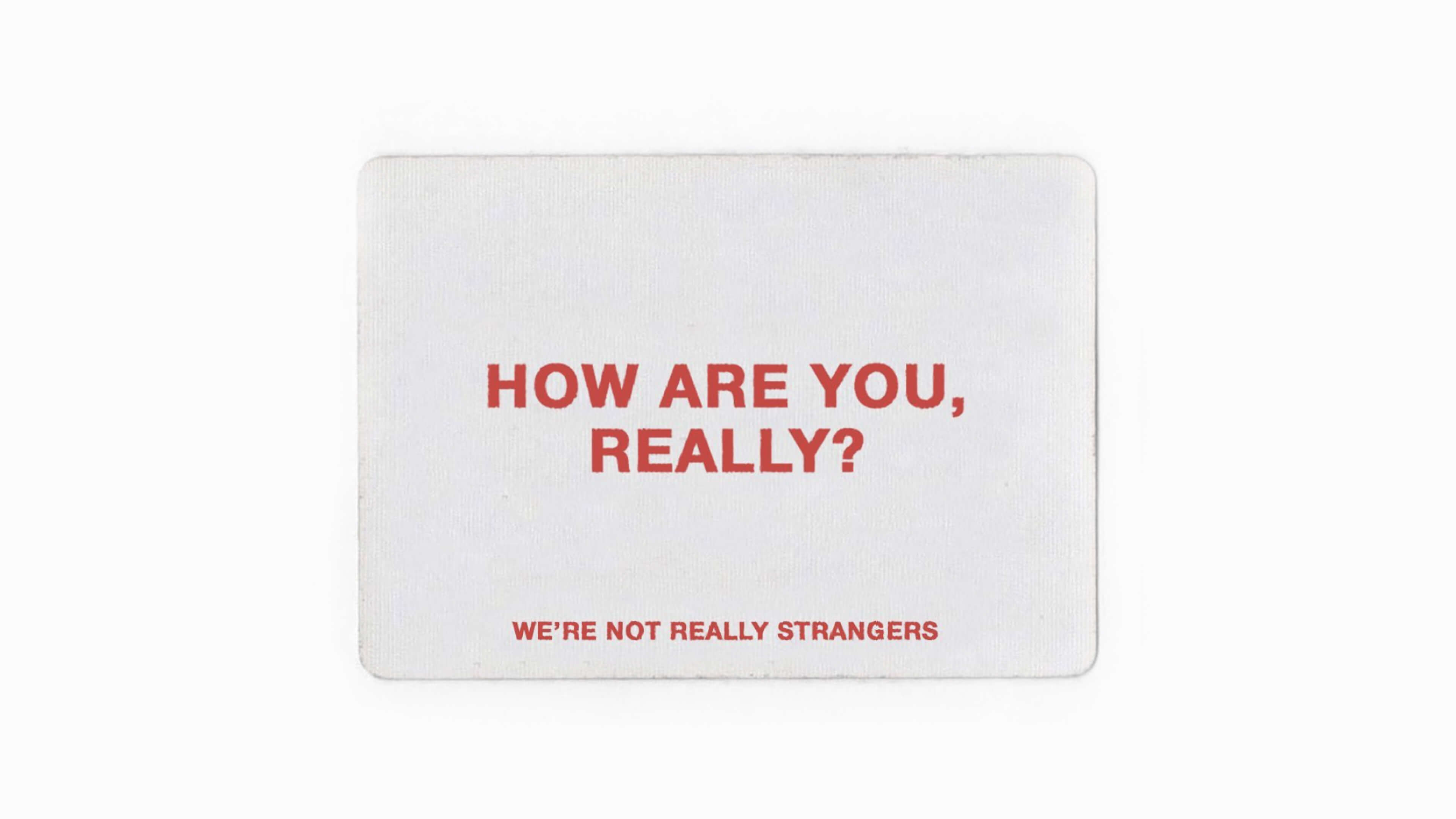
COVID-19 unveiled a promising frontier in mental health app development.
There’s no denying that we, as a society, have found ourselves in this all-inclusive crisis, an economical one, but also a societal one. Well over 100 countries worldwide introduced either a full or partial lockdown, affecting billions of people.
Research shows, we’re just as well struggling on the inside. According to NRC, almost 48% of Millenials and Generation Z admitted their mental health has somewhat worsened due to the COVID-19 crisis. Generation X is not far below with 40%. We might be feeling powerless, angry, confused and on top of that, we’re often drastically cut off from our usual sources of support.
Mental health apps able to combat old & known fears
We’re turning to technology for help more than ever. Thankfully the digital world is beautiful in its diversity and the Internet is filled not only with unsolicited advice (we all know it more than we’d want to), but also ideas and innovation, limited only to how much we’re willing to give out.
And since it’s Mental Health Awareness Month, we should embrace this one trend emerging through our feeds and through technology: mental health awareness and innovation in a time of a crisis.
What we’re seeing right now is an emerging world of mental health care apps unveiling the chance and potential of technology to help us, soothe us and comfort us.
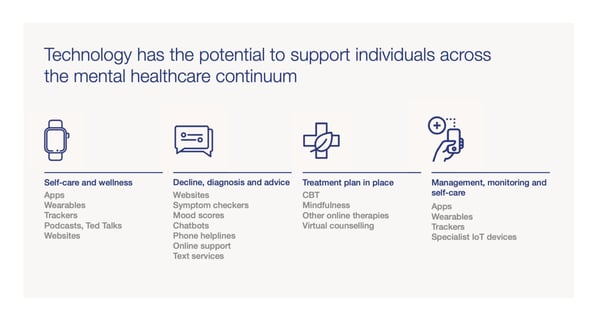 Source: Empowering 8 Billion Minds Enabling Better Mental Health for All via the Ethical Adoption of Technologies, World Economic Forum.
Source: Empowering 8 Billion Minds Enabling Better Mental Health for All via the Ethical Adoption of Technologies, World Economic Forum.
Social platforms are setting the mental health awareness trend
You're probably familiar with Tiktok. Just like every novel concept quickly going viral, it may be a bit tricky to define. In short, it’s a place for short-form mobile videos. You’ll find your usual there, the cats, the dogs, and (sometimes) the ugly. But frankly, I didn’t expect to find a therapist there. Julie Smith is the first mental health professional to use the platform and having almost 700k followers as of now, her influence is undisputed.
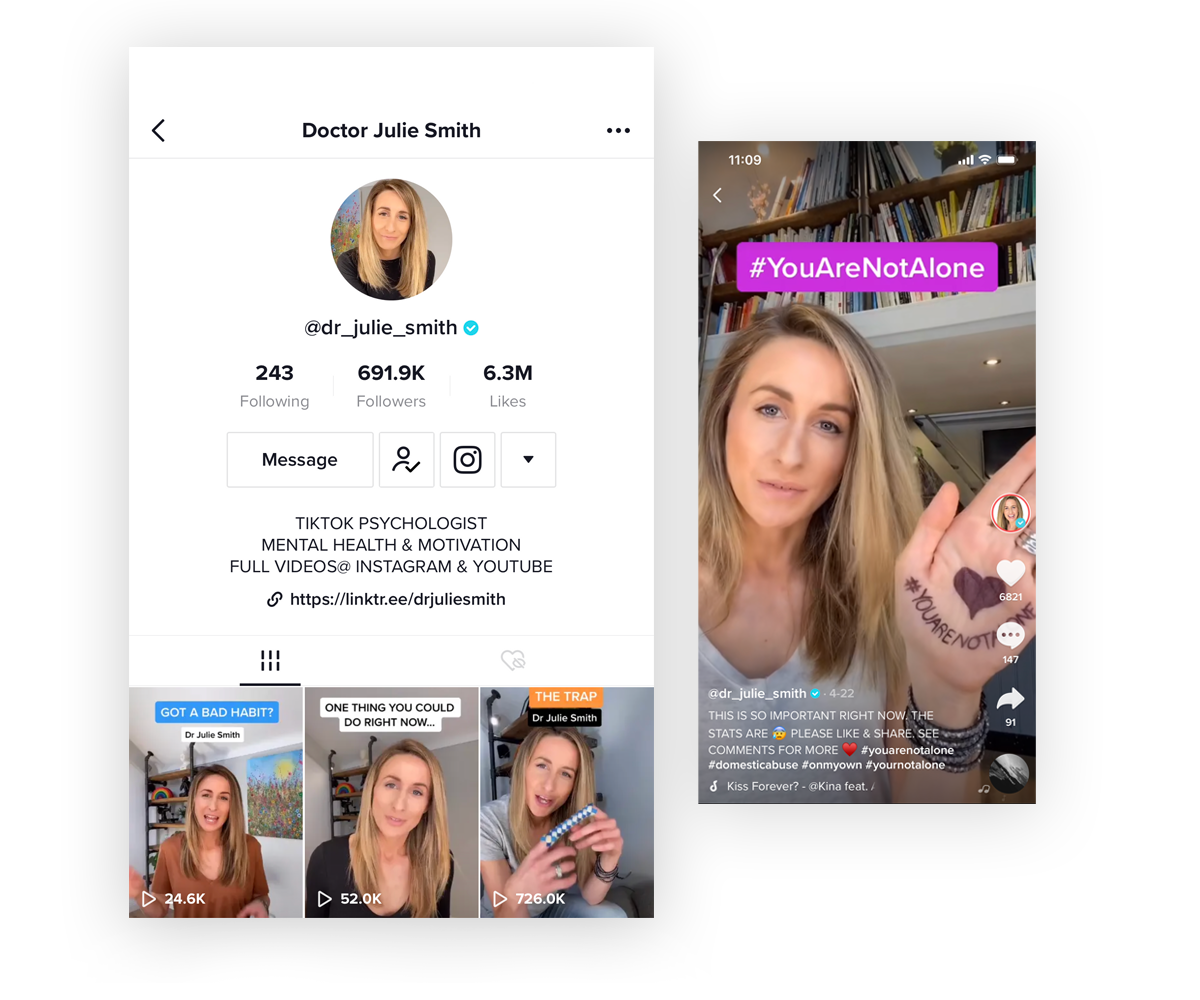
Why am I even mentioning this? She inspires people to acknowledge and take care of their mental health, sometimes book their first-ever therapist appointment. She spreads awareness and encourages people that might have been reluctant before.
But she’s also a clear sign that healthcare professionals are recognizing the potential of using digital as a tool to improve your mental health.
Both of those things show prospect for future mental health app development.
Self-management mental health apps, meditation and chatbot chitchats
There are times when you need to vent, but there’s no one around. A realistic threat, especially right now. And even though experts agree that no app can replace a doctor’s consultation, self-care mental health apps have their own part to play. Because of their low entry barrier (anonymity, accessibility, convenience) they can serve as a hopeful introduction to a long journey inwards. Even though it’s too early for most companies to share reliable stats, mental health apps providers admit they notice a major usage increase.
You know the big guys in the industry, Headspace, Calm, Happify. But let me introduce you to some trailblazing ones that pave the road to the future of mental health digital tools.
Wysa (below, screenshotted on the left) is an AI-based “emotionally intelligent” bot that will talk you through the daily stress and coach you about basic coping techniques, all of which are therapy-based. The product is the result of co-effort of a 15-people team of psychologists, designers developers, and its aim is simple: to help people build up their own emotional resilience to what’s happening around.
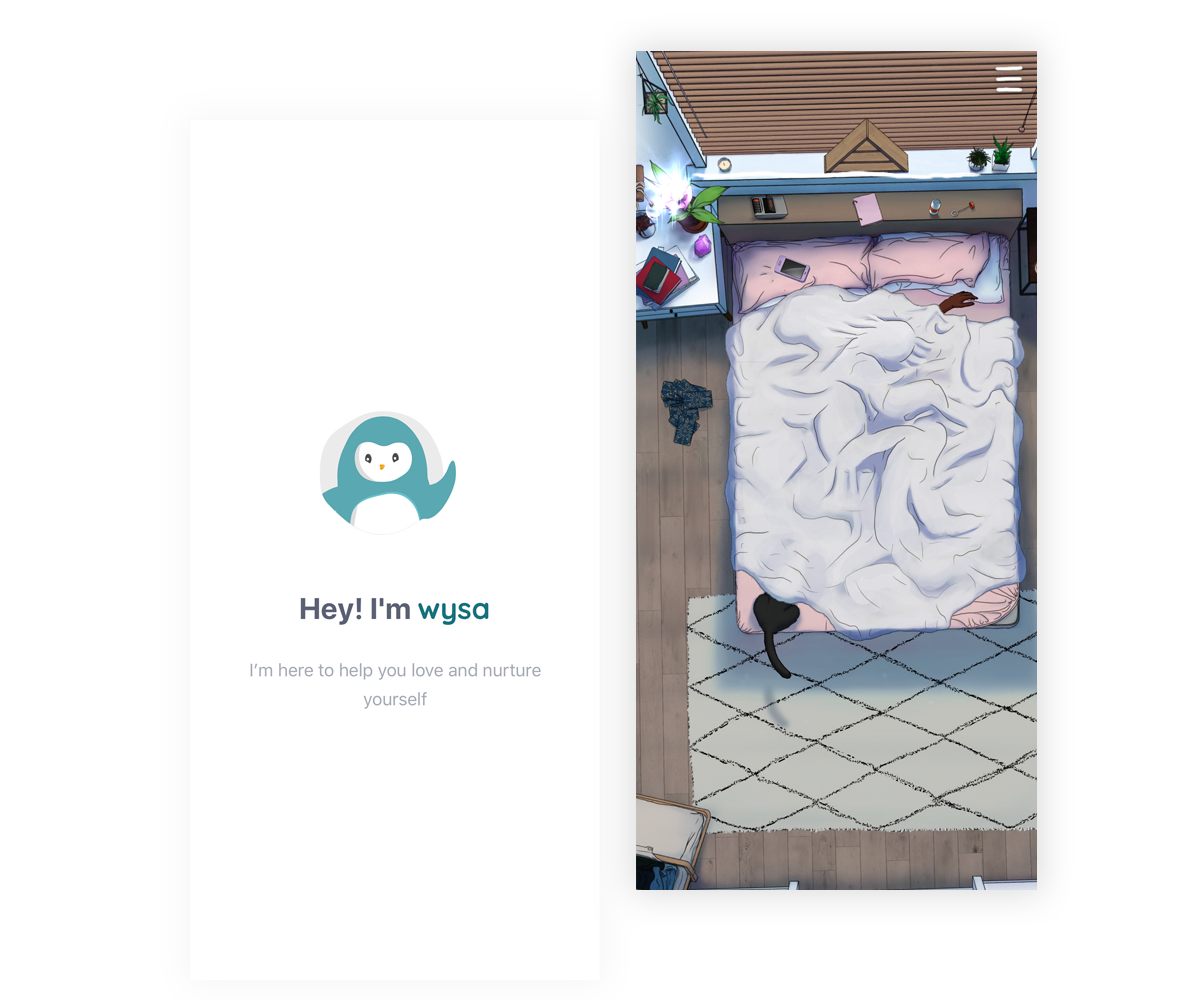
#SelfCare (above, on the right) app presents a more gamified approach to calming your reality. Unlike traditional games that get increasingly more stressful as you progress, the #SelfCare interactions begin disorderly and awkward and become more orderly and satisfying. There are no levels of difficulty, no winning, and no losing. The only goal is to feel better.
More governments and national organizations recognize the power behind digital mental health apps. US National Center for PTSD (Post-traumatic stress disorder) has recently released an app specifically to help people cope with pandemic fears and overall stress, COVID Coach.
On a more humorous note, some time ago I stumbled upon a guided meditation that can resonate with the more skeptical folks out there.
If you’re like me and despite always wanting to try mindfulness, you could just never find the right kind that would speak to your inner sarcastic self, you should definitely check out this “honest” meditation. It’s short (warning: there’s some cursing going on). But maybe showing a bit of humor and anger relief is just the way to go to show all disbelievers the power of a 2 minutes separation from your own twisted thoughts?
Audio streaming platforms may be the future of mental health app development
Initial research findings show that people in lockdown experience significant twists with their sex drive. Some will withdraw, some will crave even more human connection than before. But digital gives new ways to navigate through it as well. Femtasy is a female-focused startup and the first audio streaming platform with sensual stories for women and couples.
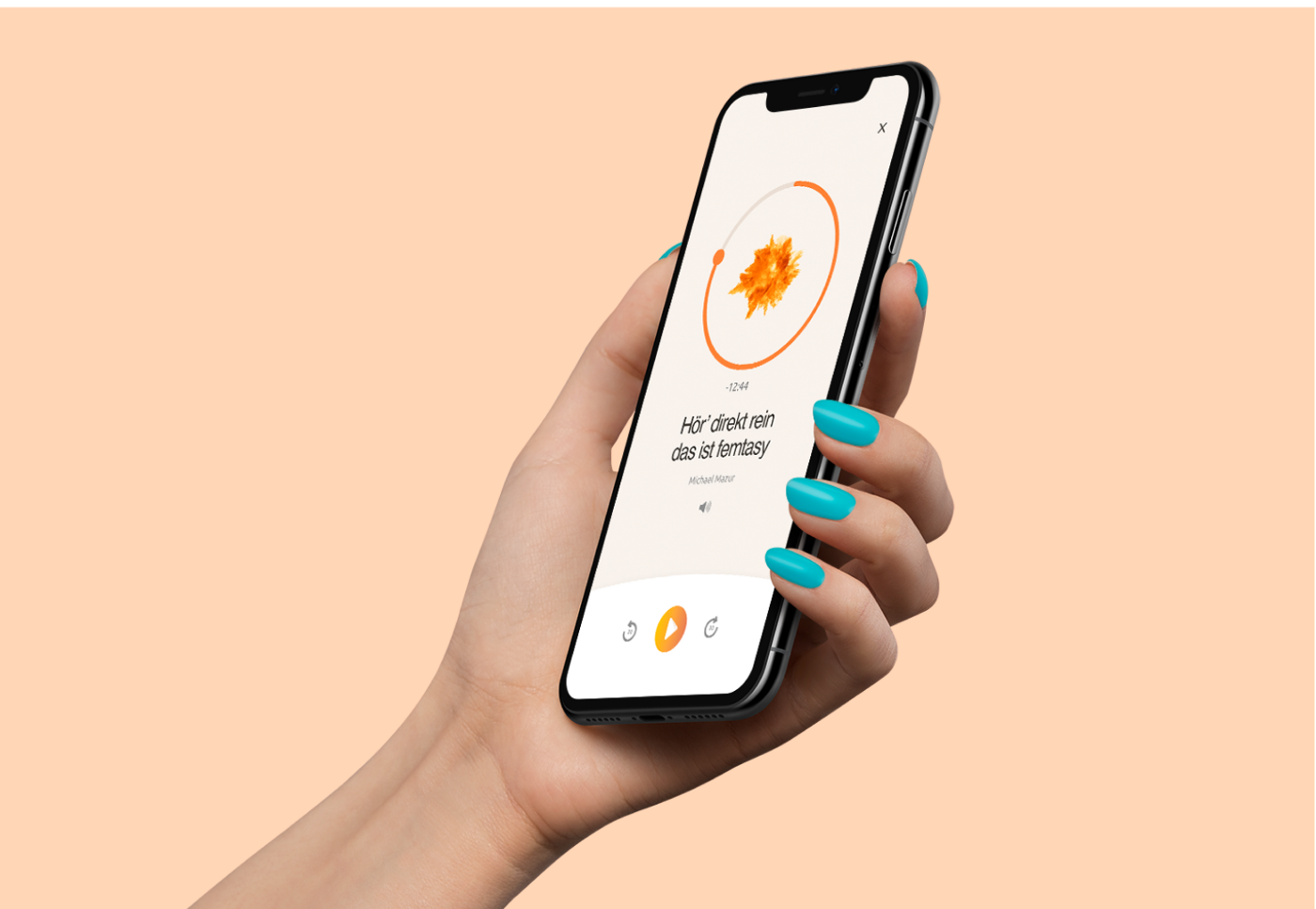
The app has already proved in the German-speaking countries, that it can reduce stress and anxiety significantly. Now they’re expanding into a global English-speaking market.
Soon, we may witness a revolution of the approach to bodily pleasures, which, after all, are also pleasures of the mind.
Mental health apps bringing back everyday routine in lockdown
Adrienne Heinz, a clinical research psychologist at the US Veterans Affairs National Center for PTSD points out that our routines are the scaffolding of life. We organize our time and information around them. And this is why we feel so lost when suddenly everything twists around (like rightnow).
As individuals, we can’t do much about closed cinemas, museums or canceled vacation plans. But we can take the present situation to our advantage and discover new ways to cope. Google’s Art & Culture museum tours and 360-degree U.S National Parks visits proved to be a great and inspiring gateway from the confinement reality.
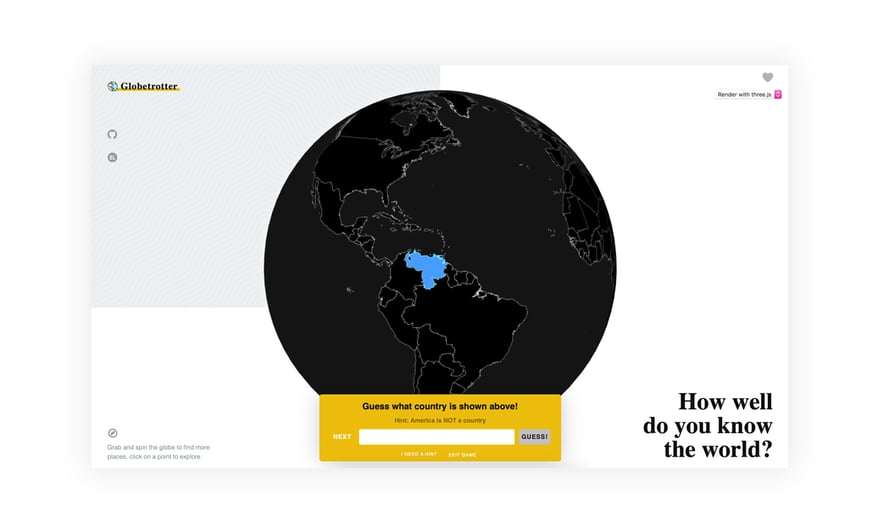
Other initiatives will follow. Check out Globetrotter, a fun web app our Front-end developer created roughly in 2 days. Obviously it’s still in beta, but it may help you learn a couple of new things about the world you didn’t know.
The takeaway for mental health app development
After 2008 Great Recession we witnessed a boom of startups like Instagram, WhatsApp, Uber; and now, more than 10 years after, can you imagine the digital landscape without them?
Mental health apps can help us, soothe us, comfort us in a variety of new ways we’re just discovering as we go. There's room to grow and learn.
The post's cover photo is a card from a card game We Are Not Really Strangers. It’s like Cards Against Humanity, but for building emotional connections. Highly recommended. 🙌
Check out also
- 4 Healthcare Apps Ideas the World Still Needs: see how COVID-19 accelerated the revolution in digital healthcare
- Common Mistakes to Avoid When Developing Your App: our CEO's advice on how to approach your digital product development

